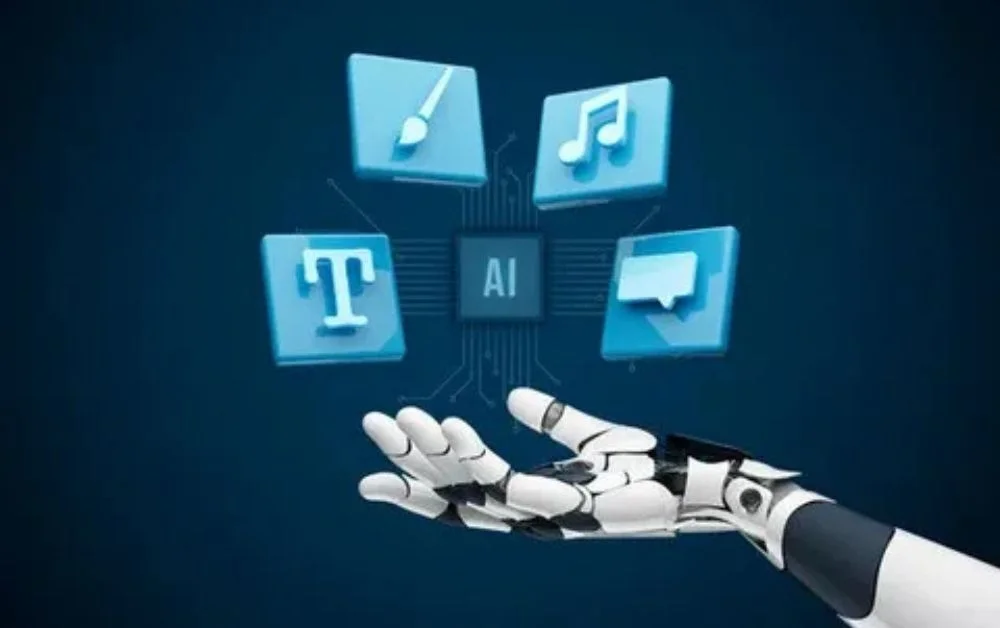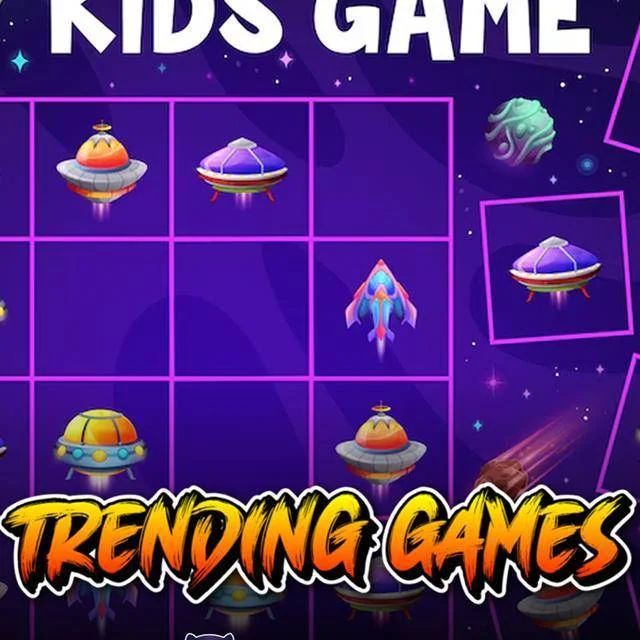AI in content marketing has moved from an optional upgrade to a core business requirement. As digital competition increases, brands need faster content production, precise audience targeting, and data-backed decisions. AI for content creation and optimization provides all three, helping marketers work smarter instead of harder. In 2025, the companies succeeding online are those that integrate AI across their full content workflow—from research to execution to performance tracking.
1. AI Enhances Content Research and Topic Discovery
A major advantage of using AI in content marketing is its ability to analyze massive data sets in seconds. Marketers can instantly discover trending topics, identify search intent, and evaluate gaps competitors are not covering. AI tools analyze keyword patterns, user behavior, and industry trends to recommend highly relevant content ideas. This reduces guesswork and ensures that every piece of content aligns with actual audience needs. In 2025, smart content strategies start with AI-driven insights instead of manual research.
2. AI for Content Creation Improves Quality and Consistency
AI-powered writing assistants allow marketers to quickly produce drafts, refine tone, and maintain consistent messaging across all platforms. While human creativity remains essential, AI accelerates the process by generating outlines, headlines, social captions, emails, and long-form content. This frees writers to focus on storytelling and brand voice. Businesses use AI to maintain consistency across blogs, social posts, landing pages, and video scripts. The result is higher-quality content produced in less time, without sacrificing authenticity.
3. Personalization at Scale
One of the strongest applications of AI in content marketing is personalization. Consumers expect content that matches their behavior, preferences, and buying stage. AI analyzes real-time data to deliver tailored product recommendations, personalized emails, and dynamic website content. For example, two visitors may see completely different product pages based on their browsing history. Personalization improves engagement, reduces bounce rates, and increases conversions. In 2025, brands that fail to personalize content risk losing relevance.
4. AI Enhances SEO Strategies
Search engine optimization is transforming as AI updates search algorithms and user behavior evolves. AI tools now help marketers:
• Optimize content structure
• Improve readability and keyword flow
• Analyze competitor rankings
• Identify opportunities for rich snippets
• Suggest metadata and semantic keywords
Together, these capabilities make AI vital for modern SEO. Instead of manual optimization, AI ensures every piece meets search engine requirements and user expectations.
5. Visual Content Creation Becomes Faster
AI-powered image, video, and design tools allow marketers to create high-quality visual content without advanced design skills. These tools generate branded graphics, short videos, product visuals, and ad creatives in minutes. With algorithms trained on user engagement patterns, AI recommends the most effective styles, layouts, and formats. This speeds production and increases the chances of capturing attention in competitive digital spaces.
6. Predictive Analytics Guide Smarter Decisions
AI helps marketers track performance and understand what will work before investing time and budget. Predictive analytics forecast which topics will trend, which content formats will perform best, and what type of campaigns will drive conversions. This leads to more accurate planning and smarter resource allocation. By 2025, AI-backed decision-making has become standard for high-performing marketing teams.
7. Automating Repetitive Workflows
Tasks like scheduling posts, responding to common queries, and preparing performance reports can consume hours. AI automation reduces this workload. Content teams can automate social publishing, email sequences, A/B testing, and analytics reporting. This gives marketers more time for strategy and creativity, improving the overall quality of campaigns.
Conclusion
AI in content marketing is no longer just a tool—it is a complete ecosystem that reshapes how brands plan, create, and scale their digital presence. With AI for content creation, personalization, SEO, and analytics, businesses gain a competitive advantage built on speed, precision, and insight. In 2025, the smartest content strategies are those powered by AI, supported by human creativity, and executed with data-driven confidence.






